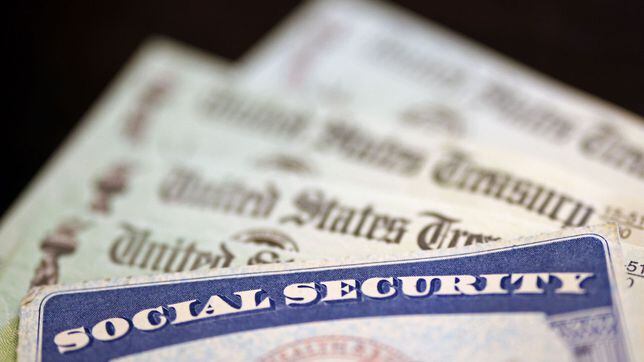Social Security COLA 2023 release news summary | 12 October 2022

2023 Social Security COLA: live updates
Headlines: 12 October 2022
- Social Security Administration set to announce highest cost-of-living adjustment (COLA) in 40 years
- California is sending out $1,050 payments for the Middle-Class Tax Refund
- Senior Citizens League predicts COLA increase of 8.7%
- How to track your Middle-Class Tax Refund payment
- Several states, including Georgia, Maine, and Virginia, are all sending inflation relief checks
- How will state-led inflation checks be taxed?
- 2023 COLA will apply to all SSA programs, including Social Security and Supplemental Security Income
What is full retirement age for Social Security?
The full retirement age, depending on your year of birth, varies between 66 and 67 years old.
If you were born between 1943 and 1954, your full retirement age is 66. If year were born later than that, your retirement age will rise by two months for every year past 1954 that you were born in. For example, a worker born in 1956 would reach full retirement age when they were exactly 66 years and four months old.
The maximum full retirement age is 67 years old, no matter how long after 1954 you were born.

Is there a negative side to the historic adjustment increase?
Benefits recipients will be happy that their benefits will be at the rate of inflation. However, a problem recipients could face is the tax that comes with greater benefits. The thresholds for when Social Security benefits are taxed have never been adjusted for inflation, meaning any increase in benefits will mean more pensioners will have to pay taxes on their money.
Can a person who has never worked collect Social Security?
The only way to receive Social Security benefits if you have not worked is if you are the dependent or spouse of a deceased worker. Each month, millions of workers pay a portion of their income to the Social Security Administration, and later will be allowed to rely on a modest income in retirement. However, some of the money collected each month goes towards the distribution of payments for survivors of beneficiaries who had paid in or were receiving Social Security benefits.
How to check your 2023 Social Security payment
The Social Security Administration (SSA) will announce the COLA increase tomorrow, but what most recipients will be eager to know is how that figure affects their monthly payment. You can check the size of your payment, as well as when it will arrive, on your My Social Security online account.
You can manage every element of your benefits online and update personal and banking details as and when you require.
Social Security COLA increase explained
This report outlines what is expected from the Social Security Administration's COLA announcement tomorrow morning. After a young of sustained price rises and economic instability for millions of Americans, a healthy increase to benefits would help to shield some of the nation's most vulnerable groups from the affects of inflation.
If their predictions are correct, recipients could be on track to get a $144 monthly boost to their benefits payments.
SLC predicts 8.7% COLA boost for 2023
"Based on new CPI-W data through August, it appears the Social Security cost-of-living adjustment (COLA) for 2023 will be: 8.7%"
"A COLA of 8.7% is extremely rare and would be the highest ever received by most Social Security beneficiaries alive today. There were only three other times since the start of automatic adjustments that it was higher (1979-1981)."
Will the COLA increase top 9%?
The SSA will release details of the COLA increase for 2023 tomorrow morning, but there is much speculation about the size of the boost. After a year of sustained high inflation that ran far hotter than experts had predicted, there is an expectation that the SSA will release a decades-high COLA for next year.
Peter Morley, Social Security and patient activist, has claimed that the increase for 2023 could exceed 9%. This would be the highest annua increase introduced since 1981.
The Social Security Administration is expected to announce the 2023 COLA on 13 October and the boost could be a doozy.
Great news for those that are finding their monthly checks not going as far in the face of rising prices. Bad news for those that will break the income thresholds where a portion of their benefits are liable to taxation no matter their age.
Social Security counts as income and there are limits that make the benefits susceptible to taxation.
We take a look at when the taxman will cometh to claim part of your benefits.
The annual increase is a result of the widespread inflation experienced in the past year, but what role do medical expenses play in the calculation?
For the first time in more than a decade some Medicare recipients will see a decrease in their premiums.
The Social Secuirty Administration (SSA) is likely to announce the 2023 Cost-of-living adjustment on Thursday, 13 October.
Last year, an increase of 5.9 percent was applied to benefits - one of the largest on record. This year, that number could be surpassed as inflation has continued to impact markets of key commodity groups, including food, energy, and shelter.
We took a look into how the figure is calculated and how high it could be.
The United States continues to grapple with high inflation numbers. This comes as OPEC countries have decided to limit their oil production, which could send gasoline prices soaring again later this fall and winter.
The Bureau of Labor Statistics will release the inflation data for September on 13 October. As of August 2021, prices are 8.5 percent across the market in the US.
New York is one of several states offering direct payments to residents due to inflation. Here’s what the requirements are and how to apply for the $270 check.
The Social Security Administration (SSA) is expected to announce the 2023 annual adjustment later this week, with experts predicting the largest increase for 40 years.
The cost-of-living adjustment (COLA) is introduced each year by the SSA to ensure that benefits payments increase roughly in line with inflation. Over the past year the United States has recorded sustained levels of high inflation, at an annualised rate of 8.3% at the last count.
But while the SSA will likely announce the 2023 COLA figure on Thursday 13 October, the increase will not take affect for another three months.
Read our full coverage for details onwhen the COLA will be applied to benefits.
The student loan forbearance and moratorium on interest accruing implemented at the beginning of the covid-19 pandemic, and extended several times since, is coming to an end. Some borrowers may be fortunate and qualify to have the remainder of their debt cancelled under President Biden’s federal student loan forgiveness program.
However, starting 1 January 2023, federal student loans will once again amass interest and borrowers will have to begin repayments on the remainder of any balance they have. Even though you start repaying your loan on time, you may notice that the balance keeps going up month after month. The likely culprit, your payment plan is inadequate.
Read our full coverage for more details on the increasingly complicated landscape that makes up student loan forgiveness in the US.
Not only those who receive social security benefits will receive the COLA, rather all those who receive benefits from the various programs administered by the SSA will see the COLA applied to their checks. This includes Supplemental Security Income as well as Social Security Disability Insurance.
Since 1982, the COLA increases have been effective with benefits payable for December, which means that recipients will start to see the increased payments from January onwards.
Read our full coverage for more information on the increases, in addition to details on what has led to such high inflation in recent months.
How is the Social Security COLA calculated?
The Social Security Administration calculates the Cost-of-living adjustment (COLA) applied to benefits each year by comparing the Consumer Price Index for Urban Wage Earners and Clerical Workers from quarter 3 (July, August, September) from the current year to the previous.
The CPI-W data for July and August is available and the current average sits at 291. The average for Q3 last year was 268.421. This means that if the COLA was determined by the numbers from July and August, seniors would see an 8.4 percent boost in their payment amounts. However, if price increases in September were not as large as those seen earlier this summer, this number could shrink.
The Social Security Administration adjusts recipients' benefits on an annual basis in order to keep monthly payments apace with inflation. The COLA 2022 increase of 5.9 percent announced last year was the highest in four decades due to rampant inflation as the economy recovered from the pandemic-induced slowdown.
Once again, with prices still rising at an accelerated rate, another historic COLA increase has been predicted for benefits in 2023, expected to surpass the one from last year. The final results of the Social Security Administration’s calculation will be released Thursday 13 October.
Read our full coverage on when the new benefit amounts will be distributed.
When will the COLA inflation increase be announced?
The inflation figures for September 2022 are expected to be released later this week, at which point the Social Security Administration (SSA) will confirm details of the cost-of-living adjustment for next year. The 2023 COLA increase will be released on Thursday 13 October, if the SSA sticks to the schedule employed in previous years.
Even though this year no stimulus checks have been granted at the federal level, several states in the country, at least 16, have taken it upon themselves to authorize their own relief checks to help their residents combat the high costs of inflation.
When the Internal Revenue Service (IRS) delivered the first, second and third stimulus checks, though, some people had doubts about whether they had to pay taxes on the money received, and at the time, the answer was a resounding NO. As with the federal stimulus checks, the reality is that the inflation stimulus checks are also not taxable.
The first payments for the Middle Class Tax Refund were sent out on October 7. People will of course be hoping to receive their money as soon as possible and fortunately the Californian Franchise Tax Board (CFTB) has published information for when people should receive their payment.
The CFTB says it expects to send 90 percent of the direct deposit payments for the Middle Class Tax Refund in October 2022. Those who received the first or second Golden State Stimulus (GSS I and II) via direct deposit can expect to see the money in their account between 7 October and 25 October. The remaining direct deposits will be issued between 28 October and 14 November 2022.
Hello and welcome to AS USA's live blog on the support available to help combat inflation at the household level.
Several states are sending out payments to low-and-middle-income families to help them increase their purchasing power as inflation cuts into it. One of these state, California, is also considering applying a windfall tax on the increased profits from oil and gas companies that will be divided and redistributed to drivers.
Tomorrow the Social Security Administration will announce the 2023 Cost-of-living adjustment, which could be as high as eight percent, based on recent consumer price reports.







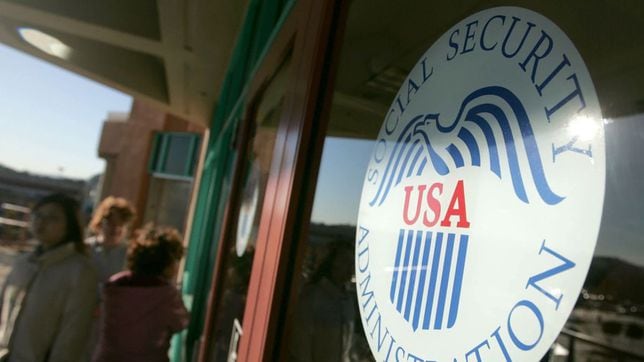

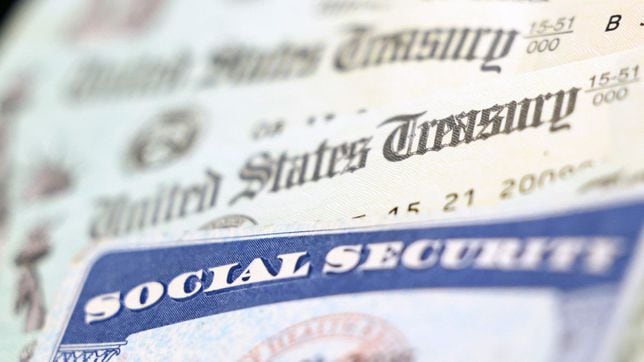

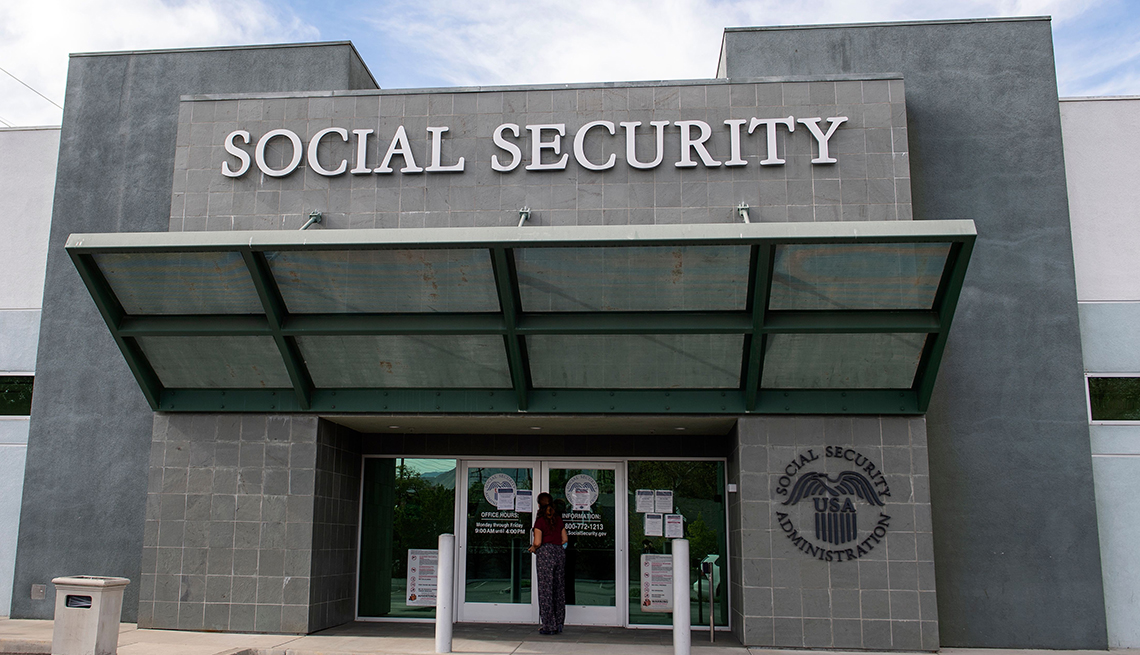
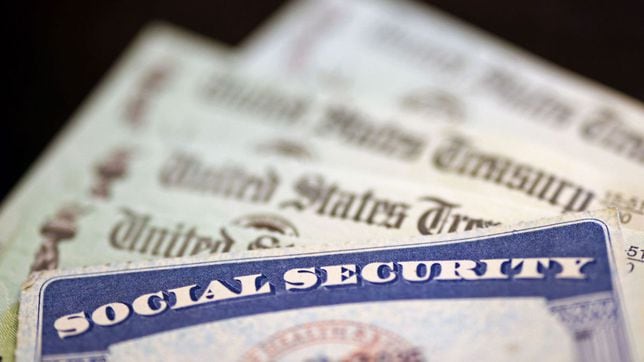
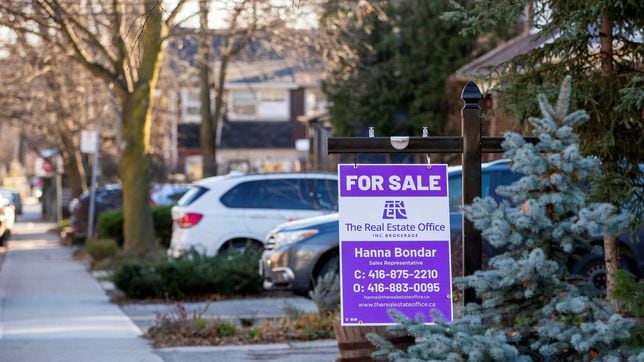
/cloudfront-eu-central-1.images.arcpublishing.com/diarioas/BVOTEGSLML44IPCX36HL7AZXMI.jpg)

